AIDA has established itself as a specialist in champagne-infused confectionery, offering a diverse and indulgent...
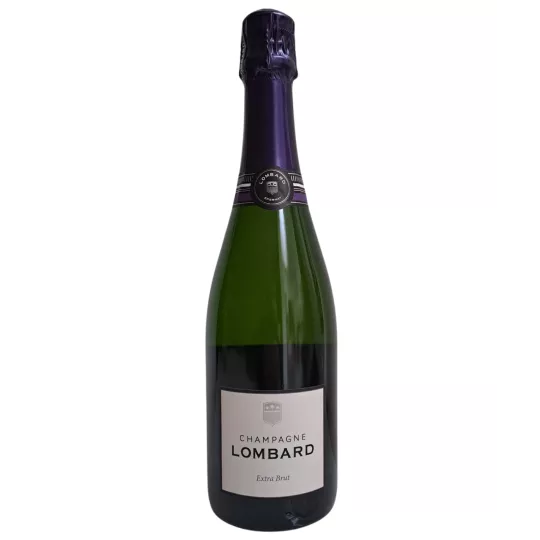
The history of champagne goes back centuries, to the time when monks worked on the production of sparkling wines in Champagne, France. Over time, the production of champagne has grown and grown in popularity due to its unique flavor and refreshing bubbles.
The production of champagne consists of several key stages, such as fermentation, bottling and maturing on laths. This method has remained largely unchanged over the years, despite advances in technology. Grapes such as Chardonnay, Pinot Noir and Pinot Meunier are the most commonly used for the production of champagne.
Regarding the consumption of champagne, it is a luxury and celebratory product, often associated with important events such as weddings, birthdays and parties. It is consumed all over the world and is appreciated for its unique taste and effervescent texture.
Over the years, the origins of champagne have been celebrated and recognized as an important part of French winemaking history. The Champagne region is now protected by an Appellation d'Origine Contrôlée, guaranteeing the quality and authenticity of the champagne produced in this region.
The history of champagne production and consumption is rich and fascinating, spanning from the origins to the present day through centuries of development and improvement. It is a unique product that continues to be an integral part of many celebrations around the world.
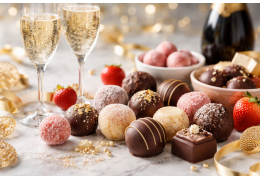
AIDA has established itself as a specialist in champagne-infused confectionery, offering a diverse and indulgent range of sweets crafted for those who value quality and originality. From champagne and marzipan treats to dark mint truffles, each creation highlights the refined flavour of champagne while delivering a distinctive tasting experience. Beyond variety, AIDA stands out for its commitment to natural production methods. By avoiding chemical preservatives, the brand ensures authentic...
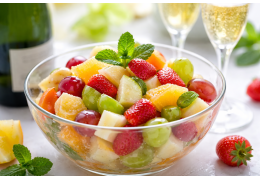
This fresh fruit salad with champagne offers a light and refreshing alternative to traditional fruit desserts. Combining crisp apples, juicy pears, citrus fruits, and seedless grapes, the recipe balances natural sweetness with bright, vibrant flavours. A touch of honey enhances the fruit without overpowering it, while champagne adds a refined, celebratory note. Quick and easy to prepare, this dish requires minimal effort and can be assembled in under an hour. After a short rest in the...

Champagne Napoléon, founded in 1825, embodies the perfect blend of family tradition and imperial prestige. Crafted from the finest terroirs of the Côte des Blancs and Montagne de Reims, it is distinguished by its balanced blends of Chardonnay and Pinot Noir, and its extended aging process, ensuring finesse and complexity.Its flagship cuvées, such as Tradition Brut, Blanc de Blancs, Rosé Brut, and the 2004 vintage, offer a unique and refined tasting experience. More than just a champagne, it...
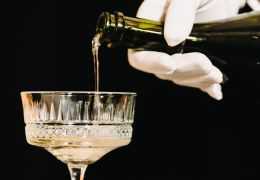
Champagne Billecart-Salmon’s website offers a refreshing experience rooted in elegance and simplicity. From the very first click, users are welcomed with a minimalist, black-and-white design that emphasizes high-quality visuals over aggressive marketing tactics. This refined aesthetic reflects the timeless sophistication of the brand itself. Beyond its visual appeal, the site offers valuable insights into upcoming events and curated champagne gift selections. Whether you're a seasoned...
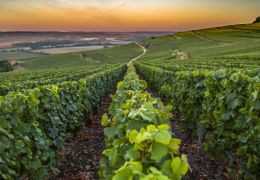
The Widow Clicquot is a captivating read that explores the remarkable story behind one of the most iconic champagne houses: Veuve Clicquot. Centered on the fearless young widow who transformed the brand into a global name, the book weaves a compelling narrative of resilience, innovation, and legacy. From navigating the treacherous waters of political upheaval to overcoming cultural challenges, her journey is both inspiring and historically significant. Though just 288 pages long, this book...

Founded in 2004 and based in Hertfordshire, Kaboura brings a fresh, innovative approach to team building, making it accessible to all while also supporting various charities. Inspired by an Amazonian insect known for teamwork and efficiency, the company embodies an out-of-the-box mindset, ensuring every participant reaches their full potential. Their unique programs transform traditional team-building exercises into engaging and results-driven experiences.In addition to classic...
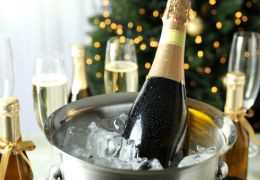
Nestled in the Grand Cru village of Verzenay, Champagne Jean-Claude Mouzon is a hidden gem poised to enchant champagne enthusiasts. Surrounded by picturesque landscapes, including a lighthouse and endless green vistas, this new champagne house emerges as a beacon of artisanal craftsmanship. Rooted in the region's "black gold" terroir, Jean-Claude Mouzon offers a champagne celebrated for its nuanced aromas of dried fruit, nuts, and confectionery, capturing the essence of its exceptional land...

In a stunning revelation, a diving team uncovered a cache of what may be the world’s oldest drinkable champagne from a shipwreck near the Aland Islands, Finland. Among the findings are believed to be over 100 bottles of early Veuve Clicquot, dating back to the era of Louis XVI. This discovery could rewrite the history of vintage champagnes, as it appears to dethrone the 1825 Perrier-Jouet, previously held as the oldest. The champagne's excellent preservation within the sea's depths has...
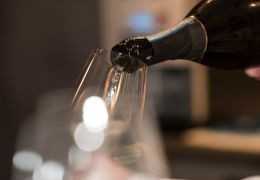
Discover the richness of the different types of champagnes and learn how to fully savor them.From sparkling brut champagne to sweet and sweet champagne, each variety offers a unique taste experience. Below are tips on how to explore and enjoy the diversity of champagnes available.

In this blog post, we will explore the most important events in the world of champagne not to be missed, to appreciate and taste the best cuvées. The world of champagne is a unique and exciting world that has something for everyone.

This article will explore the history of champagne from its beginnings in the Middle Ages to its current role as a celebratory and prestigious drink around the world. It will cover the various key stages in the evolution of champagne, including the discovery of the method of fermentation in the bottle, the first exports to England, the technological advances which made it possible to produce superior quality champagnes and the struggles for protect the reputation and identity of champagne.